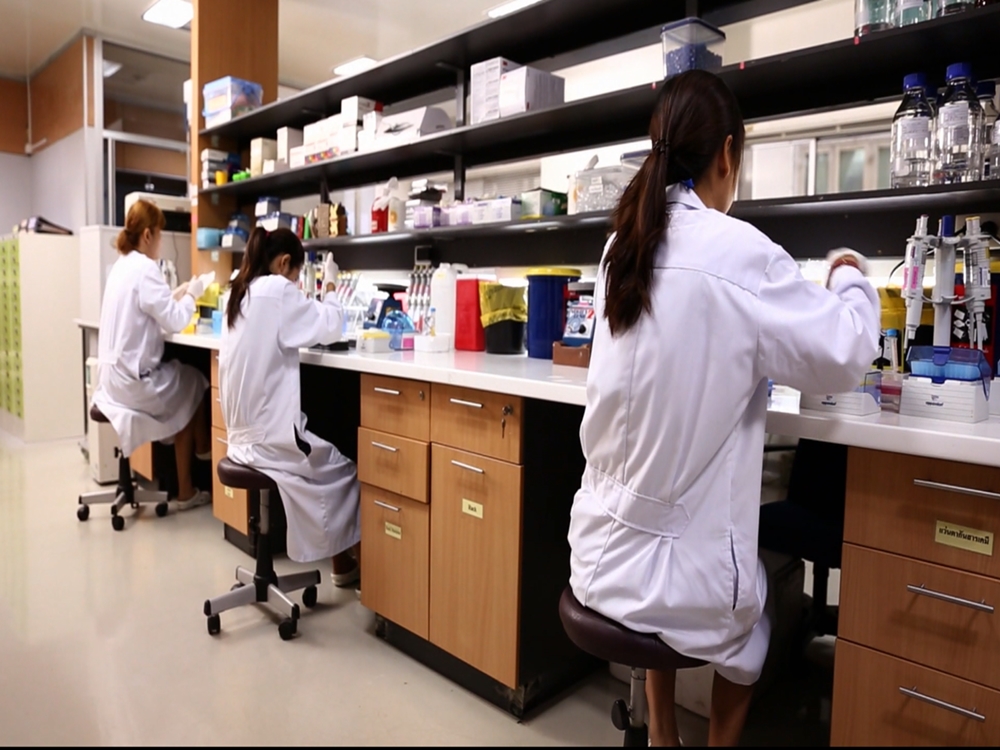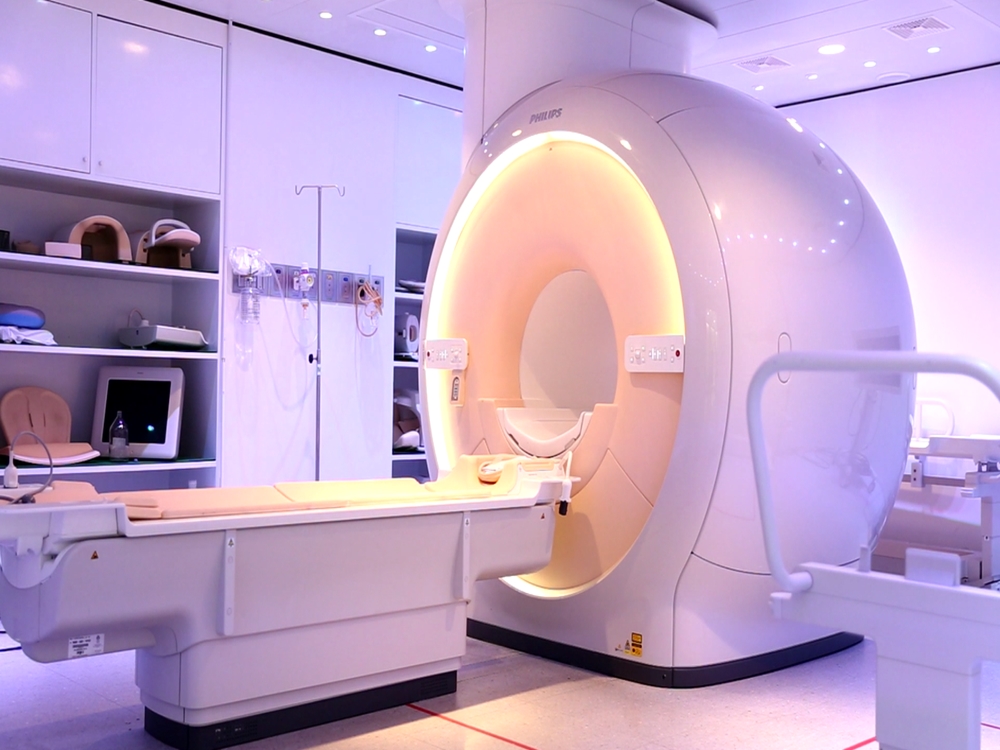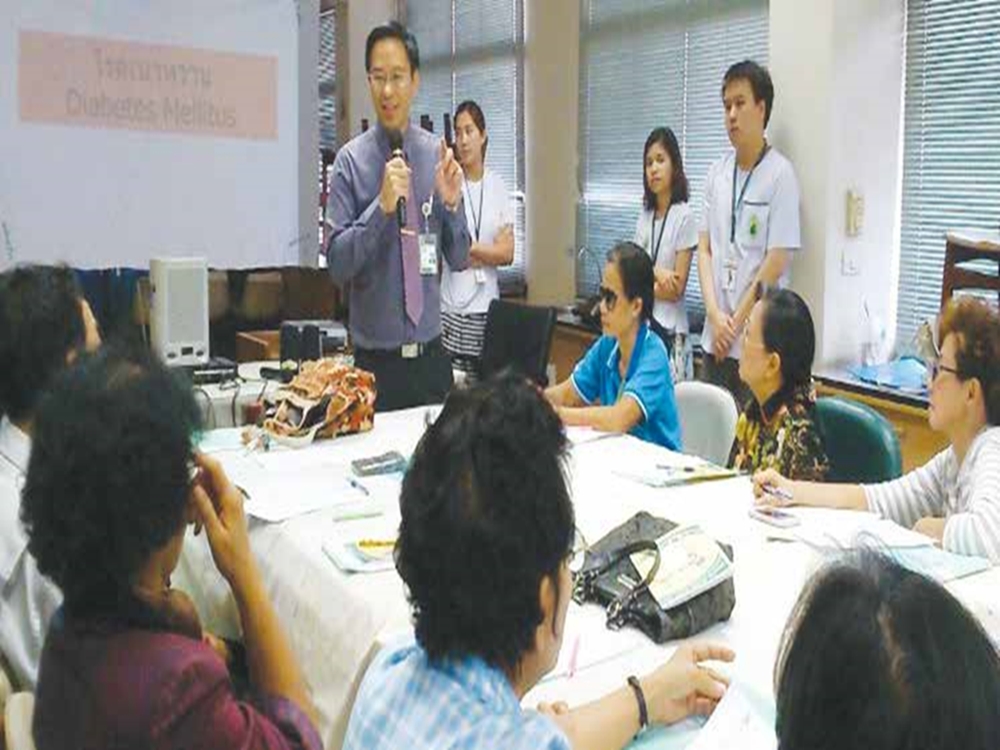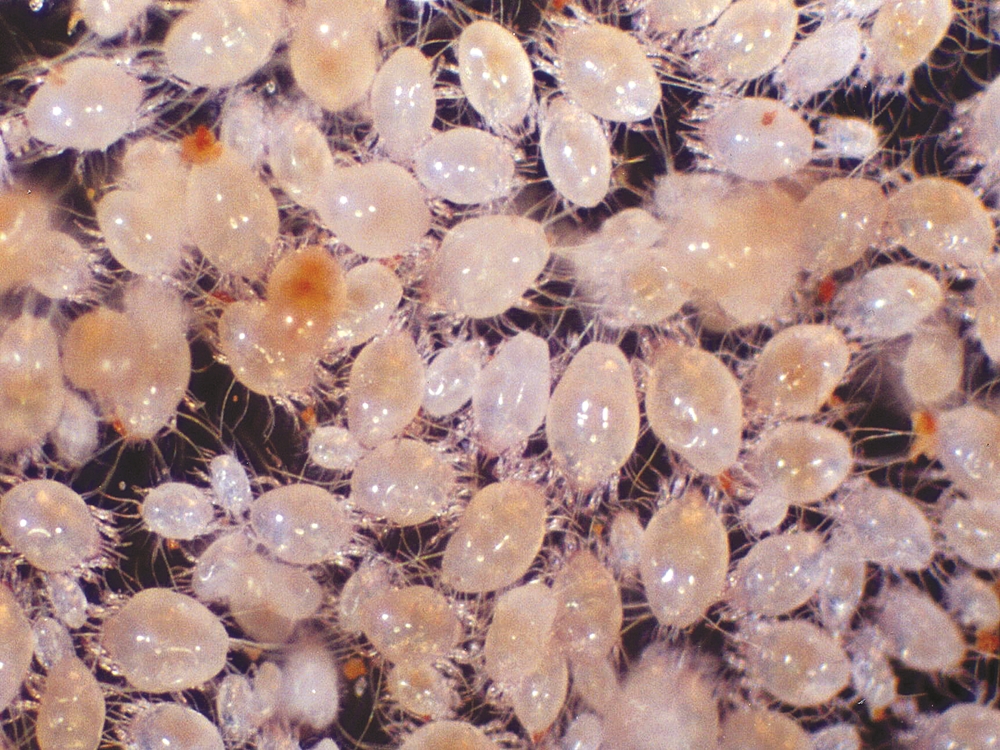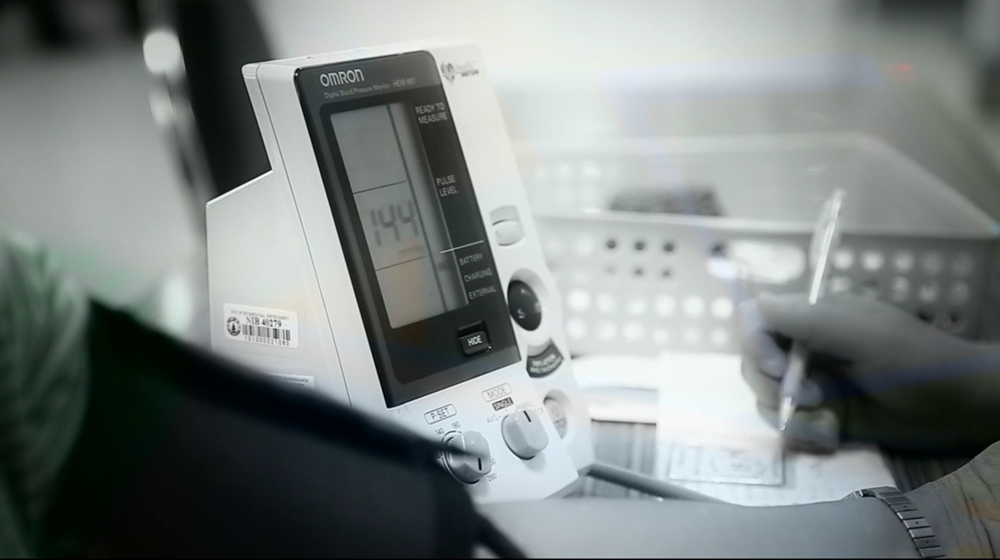Siriraj Metabolomic and Phenomic Center
Proteomics is a new large-scale study for systematically analyzing type, quantity, and function of proteins. Proteomics has been applied in medical research to help scientists understand pathogenesis of a disease that leads to biomarkers. This makes diagnosis faster and more accurate, resulting in better treatment efficiency and less complications and may finally lead to new medicine or vaccine with greater efficiency in treatment and prevention of a disease.
In Thailand, Proteomics has been focused on proteomics of common diseases and diseases with high healthcare, economic and societal burden. The main objectives are to diagnose, treat and monitor such diseases like diabetes, kidney stone, Dengue fever, Leptospirosis, Melioidosis, Alzheimer’s disease and thalassemia.
More information click here.


